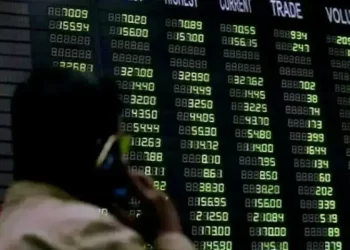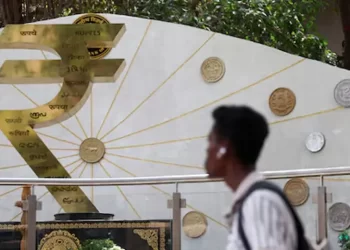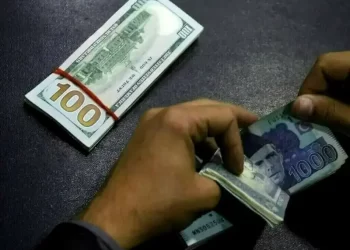Most Gulf stock markets slipped on Wednesday, led by Qatar, amid uncertainty over interest rate cuts by the U.S. Fed following an unexpected improvement in consumer confidence.
The Qatari benchmark index retreated 1% after the previous day’s gains, falling to 9,279, its lowest level in nearly four years, with almost all sectors in the red.
Qatar Islamic Bank, the country’s largest Islamic lender, slipped 1.9% and Industries Qatar lost 1.4%.
The Abu Dhabi benchmark index extended its losing streak to an eighth session and fell 0.4% to 8,711, its lowest level in more than two years. The conglomerate Alpha Dhabi Holding declined 3.6% to 10.6 dirham per share, its lowest level since listing in June 2021.
Among other losers, Aldar Properties, the emirate’s largest developer, and Abu Dhabi Commercial Bank fell 2.7% and 1.9% respectively.
Dubai’s benchmark index was down 0.7%, with developer Emaar Properties sliding 3.1% and Dubai Islamic Bank dropping 1.1%.
Qatar index hits 7-month low as most Gulf bourses slip
However, beleaguered contractor Drake & Scull International surged 24% to close at 0.310 dirham against a reference price of 0.25 dirham. The stock resumed trading on Wednesday, following a suspension for restructuring of more than five years and losses dating back to 2015.
Saudi Arabia’s benchmark stock index bounced back after four straight sessions of losses to end 0.3% higher. Saudi National Bank, the kingdom’s largest lender, jumped 5.8% and Riyad Bank added 3.5%.
U.S. Treasury yields touched multi-week highs on Tuesday, after lacklustre debt auctions and stronger-than-expected economic data dimmed hopes for U.S. rate cuts this year.
Most Gulf currencies are pegged to the dollar, and any U.S. monetary policy change is usually followed by Saudi Arabia, the United Arab Emirates and Qatar.
Outside the Gulf, Egypt’s blue-chip index was down for a third straight session and fell 0.4%, pressured by a 3.2% drop in E-Finance for Digital and a 2.2% fall in EFG Holding.









